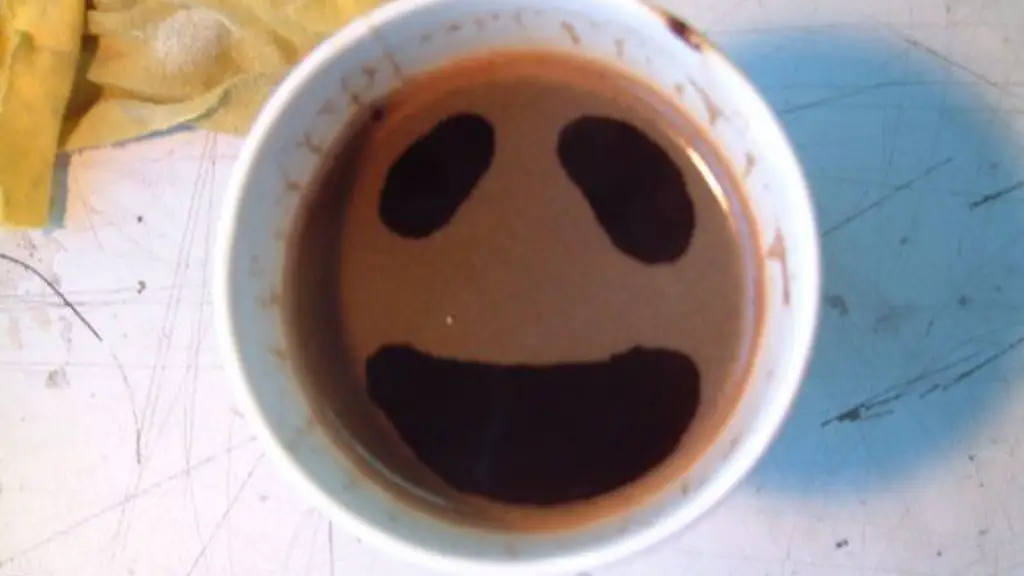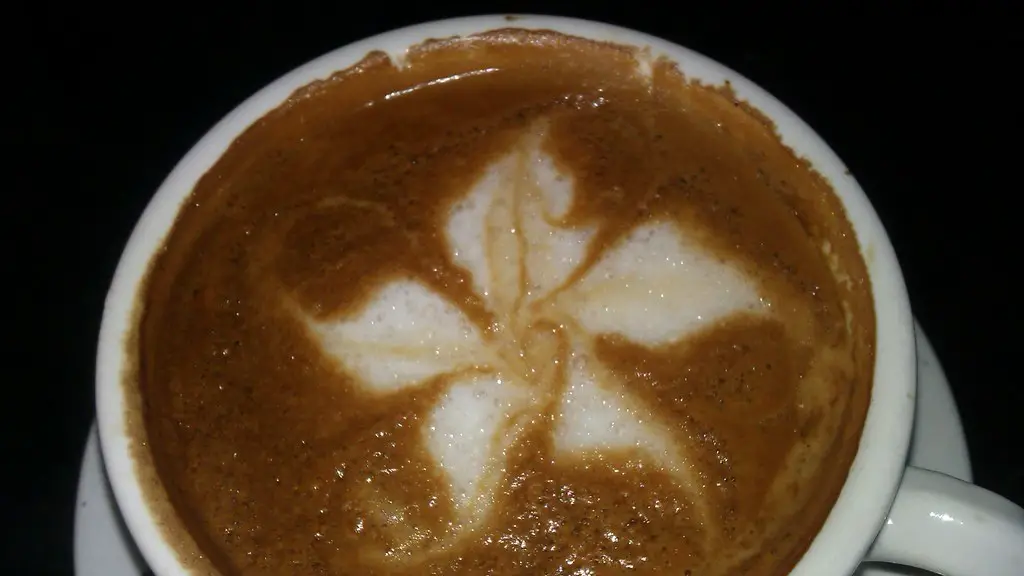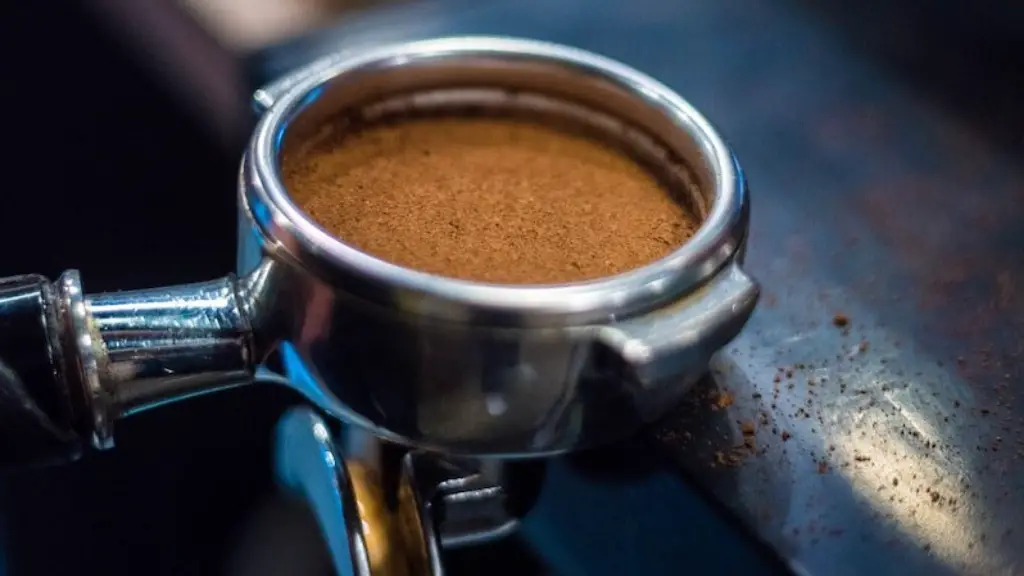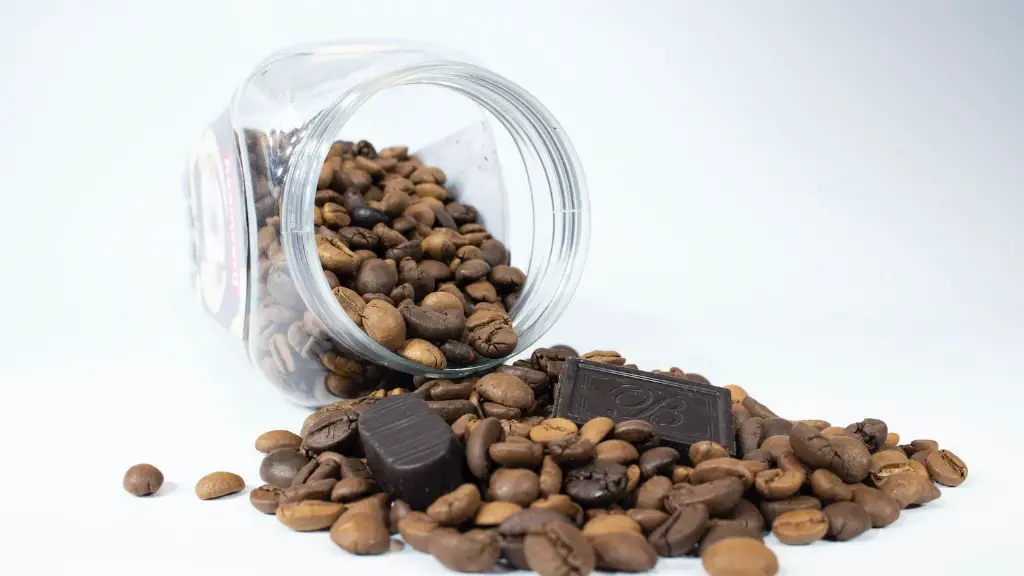Most of us enjoy our morning cup of coffee, not to mention the vast availability of specialty espresso drinks. For those undergoing specific fasting tests required by their physician, one immediate thought that comes to mind is ‘can I still drink coffee?’.
Coffee is largely composed of caffeine. It is a natural stimulant that provides an instant energy boost. Caffeine can also improve mental focus and alertness. Given its active ingredient and energizing components, it can be assumed that coffee should not be consumed prior to a fasting lab test. Indeed, the ideal situation is to adhere to a strict fasting protocol for at least 8 to 12 hours before the lab. This includes abstaining from all food, drinks, gum and lozenges.
That being said, many physicians allow for a moderate amount of caffeine during the fasting period time. The general medical consensus concerning coffee consumption prior to a fasting lab test is about the equivalent of a compelling cup of java or herbal tea. Having said that, it is important to consult with a physician or medical provider beforehand in order to ensure that the individual is following the appropriate guidelines.
A cup of coffee may contain anywhere between 75 and 200 milligrams of caffeine. Although this small amount of caffeine may not cause a significant change in blood test results, it is impossible to know. Some medical researchers suggest that a limited amount of caffeine, such as one cup of coffee, consumed during a fasting window, will not alter certain test results including cholesterol and inflammatory marker tests. Furthermore, drinking coffee may help those who are fasting better tolerate the fasting window and increase mental focus, alertness and productivity.
When it doubt, though, it is best to abstain from all food and beverages that contain caffeine regardless of the study being conducted. Always check with a medical provider to confirm which guidelines should be followed. If it is possible to limit coffee intake during a fasting window, it is best to do so for an accurate and reliable lab result.
Coffee Withdrawal
For those individuals who may find fasting difficult, coffee consumption prior to lab testing may help alleviate some of the symptoms associated with coffee withdrawal. Coffee withdrawal is the result of an individual’s habituated response to caffeine. Symptoms may include nausea, headaches, irritability, and fatigue. Drastically reducing or eliminating caffeine from diet can trigger these withdrawal symptoms. However, if coffee consumption is included in the fasting protocol, it may help the individual better tolerate the fasting time.
Caffeine Cheat Meals
There are some studies that have examined the effects of a small amount of caffeine on fasting lab tests results. For instance, a study on the effects of a ‘caffeine cheat meal’ showed that fasting lipids, glucose and insulin levels remained relatively unchanged after a single dose of caffeine during a fasting window. This single cup of coffee did not significantly impact the test results.
The findings of this study are unfortunately controversial in the scientific community. While some physicians believe moderate intake of caffeine during a fasting window will not alter laboratory results, other researchers note that it is not safe to assume accuracy in lab tests. Hence, it is important to check with one’s physician to clarify any potential risks prior to drinking coffee prior to a lab test.
Fasting Guidelines
Prior to a fasting lab test, it is essential to strictly follow any guidelines provided by a physician. For instance, individuals who need a fasting blood test for triglycerides may be instructed to abstain from food and beverages, except water, for 8 to 12 hours before the test. This means that all types of food, including candy and gum, should not be ingested during the fasting window.
Not adhering to such fasting guidelines may lead to inaccurate lab test results. Even small amounts of sugar, artificial sweeteners, and decaffeinated beverages can interfere with lipid, glucose and insulin levels, which can significantly impact the accuracy of test results.
Conclusion
In conclusion, it is best to consult with a physician prior to consuming coffee prior to a lab test that requires fasting. Guidelines may depend on the type of fasting test required. In general, however, it is essential to abstain from all food and beverages, except water, 8 to 12 hours prior the lab. While some medical researchers suggest that a limited amount of caffeine, such as one cup of coffee, consumed during a fasting window, may not alter certain test results including cholesterol and inflammatory marker tests, it is still uncertain whether this is applicable across the board. Hence, it is best to confirm with one’s medical provider beforehand.
Caffeine and Insulin Levels
Insulin levels are the residual amount of circulating insulin in the blood. Insulin is a hormone released in response to the ingestion of carbohydrates. It is involved in the metabolism and absorption of glucose from the bloodstream. High insulin levels have been linked to a variety of medical conditions including diabetes, high cholesterol, and obesity.
A study published in the Journal of Clinical Endocrinology & Metabolism compared the effects of an ordinary cup of coffee versus an ordinary cup of decaffeinated coffee on fasting insulin levels. The researchers found that drinking one cup of coffee prior to a fasting lab test produced elevated insulin levels. The study concluded that regular coffee contains some components that can alter insulin levels, thus making it important to avoid drinking coffee prior to a fasting lab test.
Caffeine Intake During Fasting
Despite the uncertain results of some studies, it is generally agreed that coffee consumption should be limited and preference should be given to an 8 to 12-hour fasting window. The American Diabetes Association recommends that if coffee consumption is necessary to help consume the fast, those fasting for a lab test can have a small amount, the equivalent of a 8 oz cup of coffee. However, it is important to note that coffee or any other caffeinated beverage may be limited by one’s physician regardless of the study.
There are also some health experts who recommend entirely abstaining from coffee for a day or two prior to the fasting window. This may provide greater accuracy in the test results. Moreover, if the individual experiences a craving for coffee, consuming a limited amount of liquid such as herbal tea may help to ease the withdrawal symptoms.
Coffee Addiction
The reliance on caffeine and coffee drinking has been associated with an unhealthy addiction. Caffeine is a natural stimulant and when consumed regularly, it may cause withdrawal symptoms such as headaches, increased irritability, and lack of focus. Drinking coffee before a fasting lab test may be one way for individuals to combat such withdrawal symptoms, however, drinking coffee in moderation is recommended.
Moreover, it is important that those individuals struggling with coffee addiction seek professional medical advice. Abstaining from all forms of caffeine prior to a fasting lab test can be an effective and necessary form of treatment. There are a variety of strategies and interventions that licensed professionals, such as healthcare providers and nutritionists, can recommend in order to help individuals manage their caffeine intake.
Alternatives to Coffee
For those individuals who are unable to drink coffee, there are still plenty of options to maintain energy and mental focus prior to a fasting lab test. Alternatives to coffee may include herbal and caffeinated teas, decaffeinated coffee, and energy drinks. These alternatives provide a moderate level of energy and stimulation while still minimizing the risk of altering test results.
However, it is still important to consult with a healthcare provider prior to drinking anything aside from a plain glass of water during a fasting period. Depending on the type of test, even a small amount of sugar and artificial sweeteners in such beverages can alter test results.
Eating Before a Fasting Lab Test
In some cases an individual may be instructed to eat before undergoing a fasting lab test. This includes tests such as glucose tests or those requiring a specific amount of glucose or sugar. If instructed to eat before the lab test, it is important to follow the guidelines and consume a nutrition meal. Eating something light prior to the test may help to maintain energy levels and combat any caffeine withdrawal symptoms.
Consuming a light meal before a fasting lab test may also help provide accurate test results. Eating a healthy snack such as a banana with a teaspoon of nut butter approximately two hours prior to the testing period may help to negate many of the adverse side effects of fasting. This can also help to reduce fatigue and increase mental alertness prior to the test.





